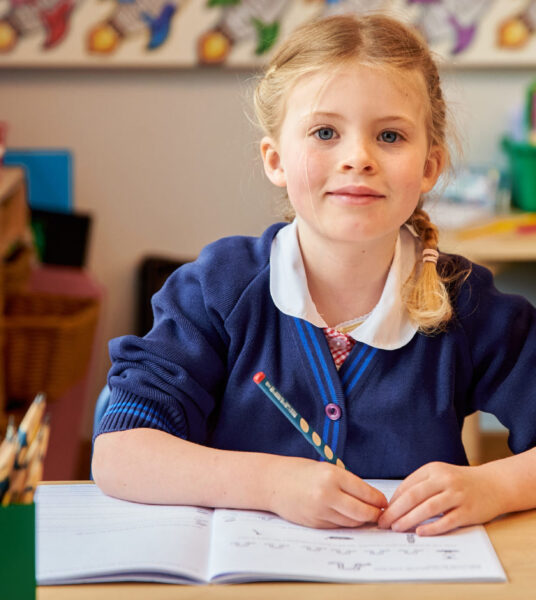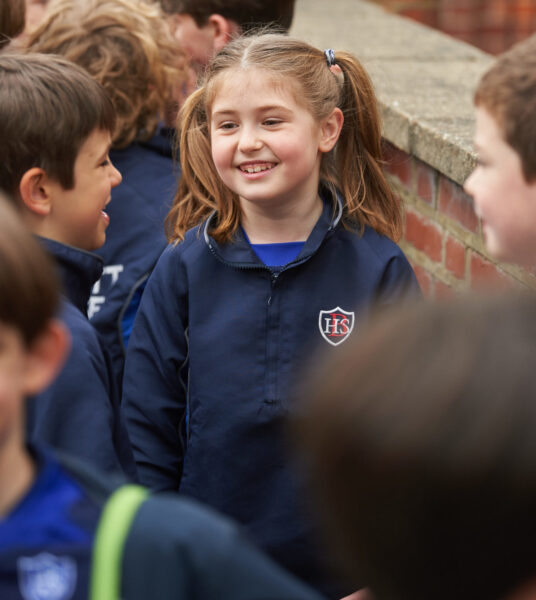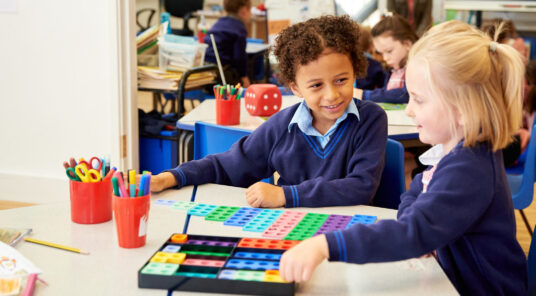We boast a rich and bespoke curriculum across the school which is flexible to achieve the best outcomes for our pupils across a variety of subjects taught by specialist teachers. Gleaning the best practices from a host of international curricula, we are able to maintain a flexible approach, while achieving exceptional standards across the school.
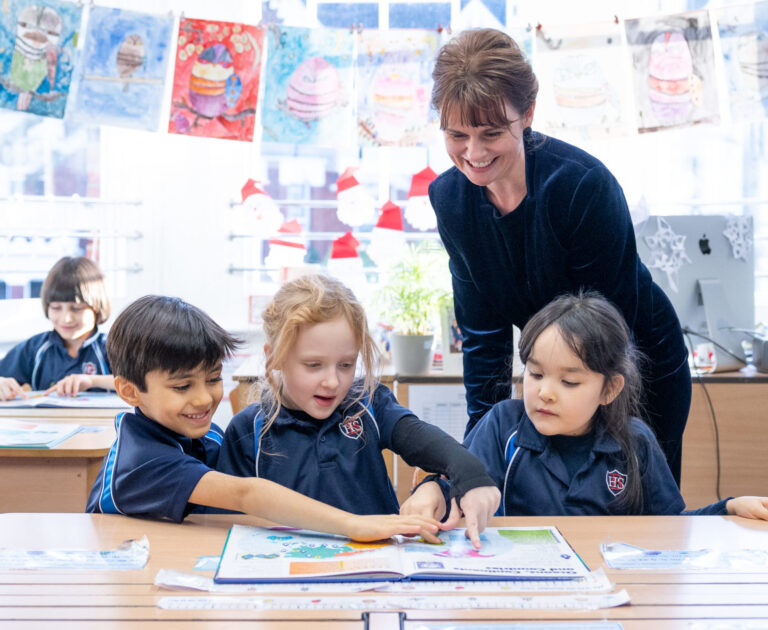
Co-educational environment
Our children benefit from being in a co-educational environment where girls and boys learn from each other, both academically and socially.
-
English
A love for the English language is promoted in all classes. Pupils, regardless of their ability, feel that their imagination and use of vocabulary are two very powerful tools that enable them to communicate and inspire others.
Alongside encouraging reading, or being read to at home, we expose pupils to a wide variety of stories, genres and authors to foster a love of reading, enable the children to gain a deeper appreciation of different texts and to translate that into their own writing. Events that bring English literature to life punctuate the calendar: our inter-house poetry competition, book week, trips to see plays on the London stage, drama workshops and visits by published authors. Bassett House School children leave us as confident and articulate communicators, well able to use the written word to persuade, entertain, amuse, educate or enlighten their readers. -
Phonics
At Bassett House School, a love of reading is established by using a combination of the most effective reading programmes aimed at teaching phonics in a fun, engaging and child-friendly way.
We use a ‘teach, practise, apply’ lesson approach aimed to cater for all learning styles. We ensure children gain a secure understanding of phonics right from age 3 by reading with each child every day through to the end of Form 2 and allowing them to progress at their own pace. There is a phonics coordinator who oversees the teaching of phonics within the Preschool and Reception year groups. -
Mathematics
At Bassett House School, we have adopted the ‘maths mastery’ teaching style to help every child become a successful mathematician.
We encourage the children to understand each mathematical concept they encounter, so that skills and knowledge are embedded and consolidated in ability-boosting building blocks. Maths mastery is achieved through the use of concrete resources and visual aids; using mathematical terminology consistently throughout the school; tackling the same concepts from different angles and adapted to different learning styles, and aiming for depth of understanding over breadth of coverage. Participation in maths is celebrated through our maths problem of the week and our whole-school STEAM week, championing Science, Technology, Engineering, Art and Maths. -
Science
We build on the children’s natural curiosity about the world around them to harness an enthusiastic approach to science.
We use ‘hands on’ and interactive learning to develop key scientific skills across a varied curriculum: dissecting a lamb’s heart, watching eggs hatch in a classroom incubator, hunting for invertebrates in the park, ‘exploding’ volcanoes by mixing vinegar with bicarbonate of soda and creating electrical circuits are all part of a Bassett House School scientist’s life. We ‘scaffold’ learning up through the school so that the children consolidate previous learning and add depth of understanding as they progress. We also emphasise the importance and relevance of science by exploring the discoveries, impacts and real-world applications of famous scientists and inventors. Each week a child is awarded Scientist of the Week and annually we have a whole-school STEAM week, promoting Science, Technology, Engineering, Art and Maths. We also take our science quest elsewhere: a much-anticipated Bassett House School thrill is our Form 5 trip to stay overnight in the Science Museum. -
Geography
In geography, we encourage the children to gain knowledge and understanding through enquiry.
We explore a range of case studies from the local area to the countries in the wider world, creating an understanding of human and physical geography. Commencing from the start of our pupil’s educational journey, we might head out with iPads to photograph buildings in our neighbourhood to better understand our local environment, we use field work and outdoor learning to enhance the children’s understanding of different geographical processes. To further embed this, we might be looking at river courses in Suffolk, thinking about the topography of Salisbury Plain on a trip to Stonehenge, pondering urban planning in York or finding examples of coastal erosion in the Isle of Wight. -
History
Bassett House School pupils are taught a wide range of historical topics, spanning different periods and places.
Our emphasis is on innovative teaching with cross-curricular links to ensure that the children not only learn content but also skills, including historical enquiry, developing a sense of chronology, and critically evaluating and debating historical accounts. The children are given a firm foundation in the chronology of a topic as well as exciting trips to provide context, drama to encourage empathy and research projects to promote independence of thought. Activities that bring the past to life for our Bassett historians include dressing up as Victorian servants at Gunnersbury Park Museum, experiencing the sights and smells of the Vikings at York’s Jorvik Centre, creating their own Greek temples or Egyptian sarcophagi, exploring Stonehenge and Danebury Hill Fort, discovering the dynasty of Victoria and Albert at Osborne House on the Isle of Wight, and following in medieval footsteps by climbing York Minster tower. -
Religious Education
In religious education, we explore a wide variety of topics including world religions, Judeo-Christian scriptures, values, beliefs, leadership, contemporary issues, significant people, saints, current affairs and moral dilemmas.
We enhance pupils’ awareness and understanding of the variety of religions and beliefs, teachings and practices, as well as of the influence of religion on individuals, families, communities and cultures. Lessons might include songs, stories, religious art and artefacts and, on special occasions, food and rituals. We visit centres of different worship in order to give the children some real-world insights into different faiths and we are fortunate to have parents willing to share their own religious practice by visiting us and telling us about it. Children from different religious backgrounds attend Bassett House and we celebrate our religious diversity by observing all the major festivals. -
PSHE
PSHE (sometimes known as PSHCEE or PSHCE) provides a timetabled opportunity for the children to explore themes of personal, social, health and economic education, with an emphasis on open discussion and debate.
We take a consistent approach to teaching important moral values throughout the school and provide a safe and nurturing environment in which children are free to express their ideas and beliefs while learning to respect cultural, social and religious differences. We engage our pupils not only in our internal school community via our thriving house system, Citizenship Council and Eco Council, but also in the wider world by looking at current affairs, supporting local charities and inviting speakers such as police officers, doctors, nurses, firefighters and politicians. -
Computing
We cover all aspects of computing at Bassett House School: digital literacy, computer science and information technology.
In timetabled computing lessons, from Reception onwards, children are encouraged to explore technology, solve problems and think logically. We aim to produce competent, confident and creative users of information and communication technology. Our children become digitally literate and learn how to use the internet safely, respectfully and responsibly. Most importantly, at Bassett House School, computer technology is one of the tools used to deliver the whole curriculum, whether creating a PowerPoint presentation on the life of a Roman slave, delivering a quiz on the human digestive system or racing one another at times tables. All our classrooms are equipped with iMacs and interactive whiteboards (connected to teacher iPads) and we have banks of iPads, MacBook Air laptops and Google Chromebooks available for class use. -
French
Bonjour! We teach French to help the children not only to start communicating in another language but also to assimilate different concepts of grammar and language structure.
The emphasis is on understanding French through immersion, developing vocabulary through fun games and songs, using French language applications to support learning and gaining confidence in adopting the correct pronunciation. We participate in French competitions with other schools and take trips to see French films at the Ciné Lumière. By Form 6, our children spend a week at a French château at which the staff speak nothing but French. We aim for Bassett House School pupils to progress to their senior schools with a can-do enthusiasm for learning foreign languages, as well as a grasp of basic French. -
Latin
We teach Latin at Bassett House School because it enriches children’s English vocabulary, helps them to learn modern languages and draws upon other subjects such as History, Geography, Art, Drama, Literacy and Science.
We focus on bringing Latin back to life using comic strips and songs, acting and storytelling (at times treating Latin as though it were a modern language). We look at classical history and civilisations and, during our Form 4 trip to York, explore a legionnaire’s life in the Roman army. We also celebrate the Bassett House Latin motto, quisque pro sua parte, which we translate as ‘for each, the best!’: everyone should receive all that they need to excel.
-
Prep Curriculum Overviews
Our children benefit from being in a co-educational environment where girls and boys learn from each other, both academically and socially.
Year 1
Autumn 2024 Year 1 - Curriculum Overview Spring 2025 Year 1 - Curriculum Overview Summer 2025 Year 1 - Curriculum OverviewYear 2
Autumn 2024 Year 2 - Curriculum Overview Spring 2025 Year 2 - Curriculum Overview Summer 2025 Year 2 - Curriculum OverviewYear 3
Autumn 2024 Year 3 - Curriculum Overview Spring 2025 Year 3 - Curriculum Overview Summer 2025 Year 3 - Curriculum OverviewYear 4
Autumn 2024 Year 4 - Curriculum Overview Spring 2025 Year 4 - Curriculum Overview Summer 2025 Year 4 - Curriculum OverviewYear 5
Autumn 2024 Year 5 - Curriculum Overview Spring 2025 Year 5 - Curriculum Overview Summer 2025 Year 5 - Curriculum OverviewYear 6
Autumn 2024 Year 6 - Curriculum Overview Spring 2025 Year 6 - Curriculum Overview Summer 2025 Year 6 - Curriculum Overview
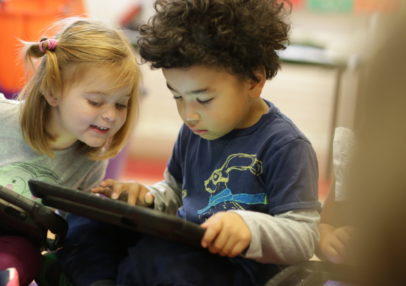 A love for the English language is promoted in all classes. Pupils, regardless of their ability, feel that their imagination and use of vocabulary are two very powerful tools that enable them to communicate and inspire others.
A love for the English language is promoted in all classes. Pupils, regardless of their ability, feel that their imagination and use of vocabulary are two very powerful tools that enable them to communicate and inspire others.
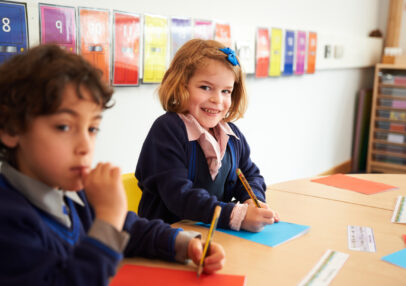 At Bassett House School, a love of reading is established by using a combination of the most effective reading programmes aimed at teaching phonics in a fun, engaging and child-friendly way.
At Bassett House School, a love of reading is established by using a combination of the most effective reading programmes aimed at teaching phonics in a fun, engaging and child-friendly way.
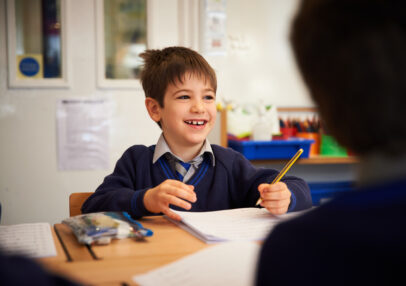 At Bassett House School, we have adopted the ‘maths mastery’ teaching style to help every child become a successful mathematician.
At Bassett House School, we have adopted the ‘maths mastery’ teaching style to help every child become a successful mathematician.
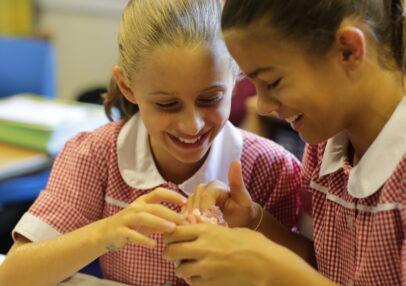 We build on the children’s natural curiosity about the world around them to harness an enthusiastic approach to science.
We build on the children’s natural curiosity about the world around them to harness an enthusiastic approach to science.
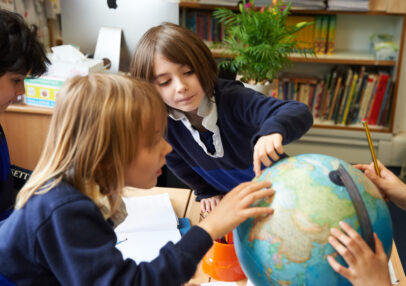 In geography, we encourage the children to gain knowledge and understanding through enquiry.
In geography, we encourage the children to gain knowledge and understanding through enquiry.
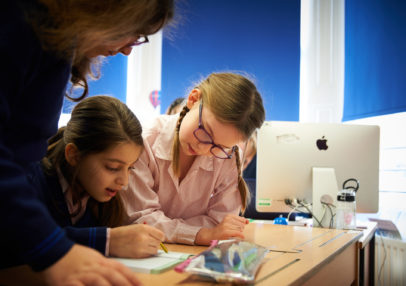 Bassett House School pupils are taught a wide range of historical topics, spanning different periods and places.
Bassett House School pupils are taught a wide range of historical topics, spanning different periods and places.
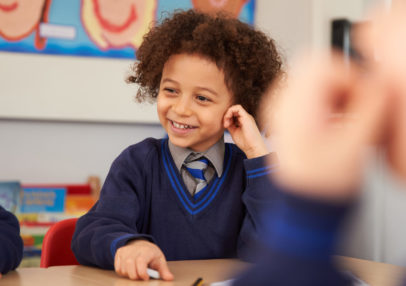 In religious education, we explore a wide variety of topics including world religions, Judeo-Christian scriptures, values, beliefs, leadership, contemporary issues, significant people, saints, current affairs and moral dilemmas.
In religious education, we explore a wide variety of topics including world religions, Judeo-Christian scriptures, values, beliefs, leadership, contemporary issues, significant people, saints, current affairs and moral dilemmas.
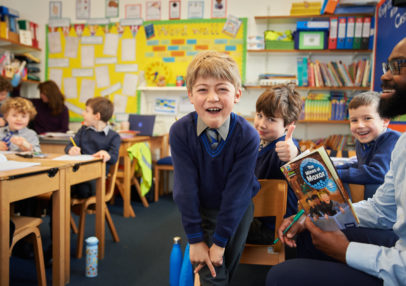 PSHE (sometimes known as PSHCEE or PSHCE) provides a timetabled opportunity for the children to explore themes of personal, social, health and economic education, with an emphasis on open discussion and debate.
PSHE (sometimes known as PSHCEE or PSHCE) provides a timetabled opportunity for the children to explore themes of personal, social, health and economic education, with an emphasis on open discussion and debate.
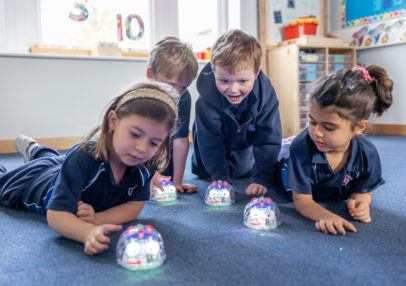 We cover all aspects of computing at Bassett House School: digital literacy, computer science and information technology.
We cover all aspects of computing at Bassett House School: digital literacy, computer science and information technology.
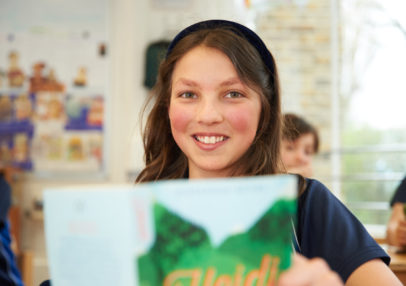 Bonjour! We teach French to help the children not only to start communicating in another language but also to assimilate different concepts of grammar and language structure.
Bonjour! We teach French to help the children not only to start communicating in another language but also to assimilate different concepts of grammar and language structure.
